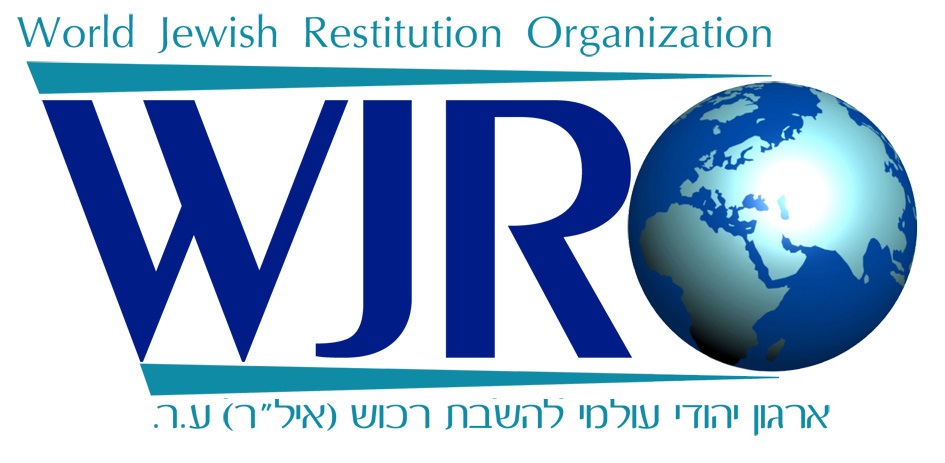
WJRO Welcomes Polish President’s Refusal To Sign Law Limiting Warsaw Restitution Claims
Calls for Poland to Allow All Property Owners to File Claims
NEW YORK, Aug. 4 – The World Jewish Restitution Organization (WJRO) welcomed the decision last night by President Bronisław Komorowski of Poland not to sign legislation that would limit the ability of Holocaust survivors, their families, and other rightful owners to recover property in Warsaw they claimed after the Second World War. President Komorowski referred the legislation to the Constitutional Tribunal to review whether the provisions limiting restitution violate the Constitution.
“We welcome the decision of the president to refer this unjust legislation to the Constitutional Court,” said Gideon Taylor, WJRO chair of operations. “This legislation restricts claimants – whether Jewish or not – from recovering property that was wrongly taken from them.”
Taylor added: “Poland should not apply a Communist-era deadline to prevent those who lost their property from getting back what was theirs. Instead of closing the door, we urge Poland to reopen the deadline in Warsaw and create a fair and open claims process for everyone whether the property is in Warsaw or elsewhere in Poland. We hope that Poland will use this opportunity to take a major step forward to right a historic wrong.”
Poland is the only country in the European Union that has failed to establish a comprehensive program to address the issue of confiscated Holocaust- and Communist-era private property.
The WJRO wrote to President Komorowski last week, urging him to refuse to sign the legislation, which was passed by parliament on June 25. The letter called on Poland to amend the proposed law so that owners and heirs who missed a 1988 Communist-era deadline would have the opportunity to file claims for property taken in Warsaw.
The measure would set a six-month deadline for rightful owners or their heirs to participate in administrative proceedings for claims filed decades ago, but does not provide sufficient notice. In other words, Holocaust survivors and their heirs may not know of proceedings that have languished for decades.
“Survivors like us do not have any more time to wait for Poland to meet its commitments,” said Jehuda Evron, president of the Holocaust Restitution Committee, a New York-based group of Polish survivors. “Many survivors are poor and sick. Recovering their homes or receiving compensation will allow them, after their terrible suffering during the Holocaust, to spend the last few years of their life in dignity.”
In addition, the law would end the practice of appointing a trustee to represent an heir who has not been identified, and would strip away an owner’s right to seek the return of large categories of properties, including those in public use.
The legislation would thus lead to the dismissal of claims unless all the owners of the property participate in the administrative proceeding within the six-month window.
Before World War II, 350,000 Jews lived in Warsaw, comprising about 30 percent of the city’s population. Ninety percent of Poland’s prewar Jewish community was murdered during the Holocaust.
In October 1945, soon after the war’s end, the Communist authorities issued the Decree on Ownership and Usufruct of Land in Warsaw, also known as the Warsaw Decree, or the Bierut Decree, after President of the Popular Council Boleslaw Bierut. The Warsaw Decree transferred ownership of properties within the prewar boundaries of Warsaw to the Warsaw municipality.
The decree allowed former owners of the nationalized property to apply for temporary ownership rights of the property. But the Communist government rejected or did not review most claims, and thousands of cases remain open today. Moreover, rightful owners of expropriated properties who did not file claims during the Communist period were excluded from filing claims, because of the December 1988 deadline of the Warsaw Decree.
For media inquiries please contact pr@wjro.org.il





